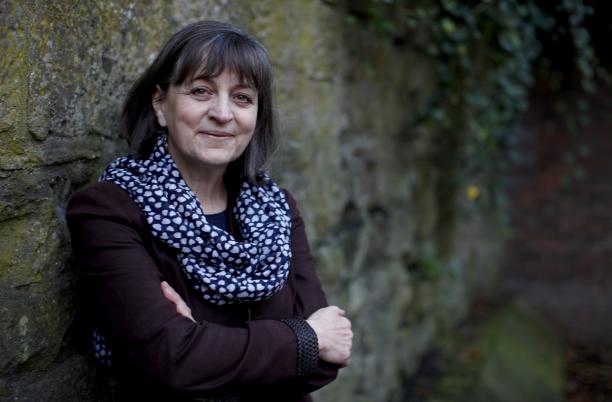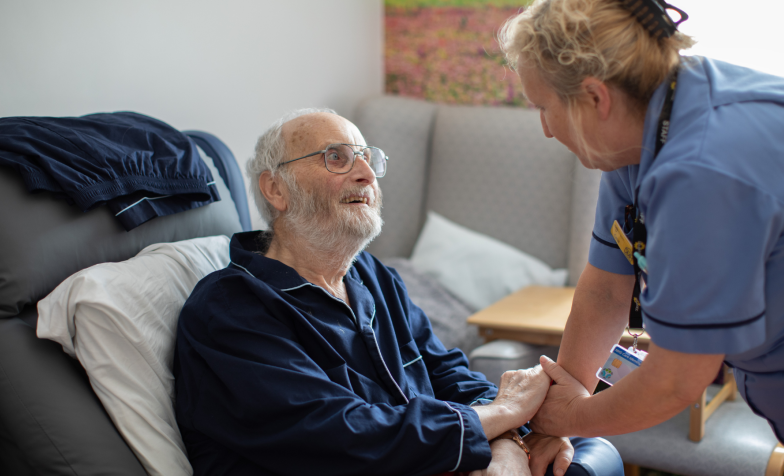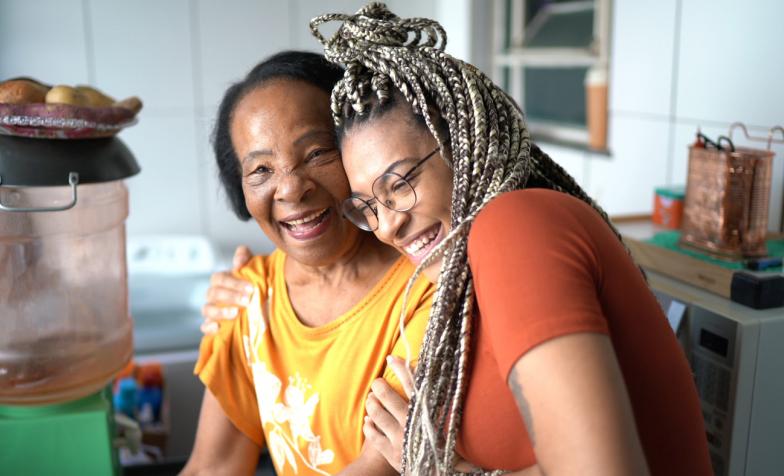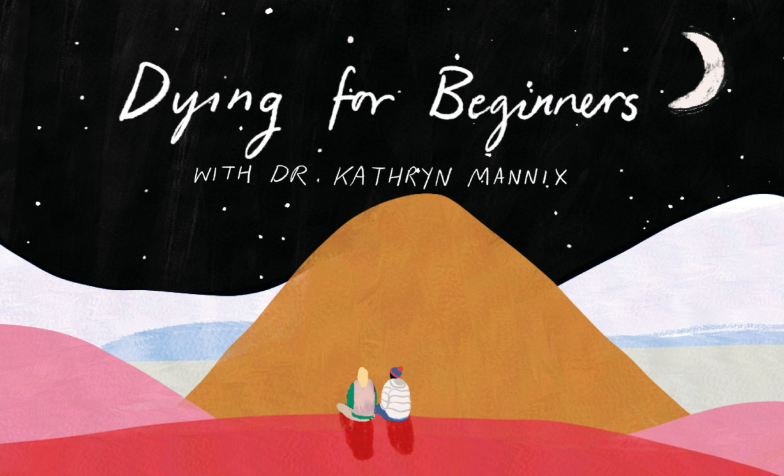

Right now we don’t have the right language to talk about death. This means that not everyone gets the support that suits them as they approach the end of life. We want to see a world where people live well until the very end.
That's why, as part of Dying Matters' mission, we're sharing content and resources to help create an open culture in which we’re comfortable talking about death, dying and grief.
'Dying is not as bad as you're expecting'
"We've lost the rich wisdom of normal human dying. And it's time for us to talk about dying, and reclaim the wisdom."
Palliative care doctor, author and Hospice UK supporter, Kathryn Mannix, argues that it's time to break the taboos that exists around death. In this video, she explains how dying, just like giving birth, is a process - and one that is much more gentle than we imagine.
[click/tap the image to play video]
-
"My name is Katherine Mannix. And in my humble opinion, dying is probably not as bad as you're expecting.
We've stopped talking about dying, we've stopped mentioning the D words, instead of saying dead, we say passed or passed away.
Instead of saying 'dying', we might say 'seriously ill', and families don't understand that death is approaching when those words are used. And that is, in fact, a bit of a problem for us.
And so now a family will sit around the bed of somebody so sick that they will be dying, and not know what to say, not know what to say to each other, not know what to say to the dying person. And the dying person doesn't know what to say either, and doesn't know what to expect.
Wondering whether each breath might be their last breath, a scene of sadness, and anxiety, and despair. And in my humble opinion, it doesn't need to be like that at all. We've lost the rich wisdom of normal human dying. And it's time for us to talk about dying, and reclaim the wisdom.
What does normal dying look like? Well, dying, like giving birth really is just a process. Gradually, people become more tired, more weary. As time goes by people sleep more, and they're awake less.
Families can learn when to give medicines and when to introduce visitors. Or sometimes a visit might happen or a medicine might be due during that sleep. And that's when we can discover that a change has taken place. It's tiny, but it's really significant. And it's that instead of just being asleep, this person has temporarily become unconscious, we can't wake them up. We can't give them that medicine, we can't tell them that that visitor is here. And yet when they awaken later on, they tell us they've had a good sleep.
So we know that this coma doesn't feel frightening, that lapsing into unconsciousness just isn't noticed by us when it happens.
So as time goes by people are awake less and asleep more, until eventually they're just unconscious all the time, we will be so relaxed that we won't bother to clear our throats. So maybe we'll be breathing in and out through little bits of mucus or saliva at the back of our throat. It can make a 'rattley' funny noise. People talk about the death rattle as though it's something terrible.
But actually, it tells me that my patient is so deeply relaxed, so deeply unconscious, that they're not even feeling that tickle of saliva as their air bubbles in and out through it from their lungs.
So at the very end of somebody's life, there will be a period of shallow breathing and then one out breath that just isn't followed by another in breath.
Sometimes it's so gentle that families don't even notice that it's happened. So normal human dying, just a really gentle process. Something we can recognise, something we can prepare for, something we can manage. And this should be something we can celebrate. This is something we should be able to console each other with. But because it's become impolite to talk about dying, it's the really best kept secret in medicine.
So, in my humble opinion, dying is something we should be reclaiming, we should be talking about, we should be consoling each other about. Please pass that on."
Further resources
Talking about death and dying can be tough. Our resources will help you, your family and friends to start the conversation.




